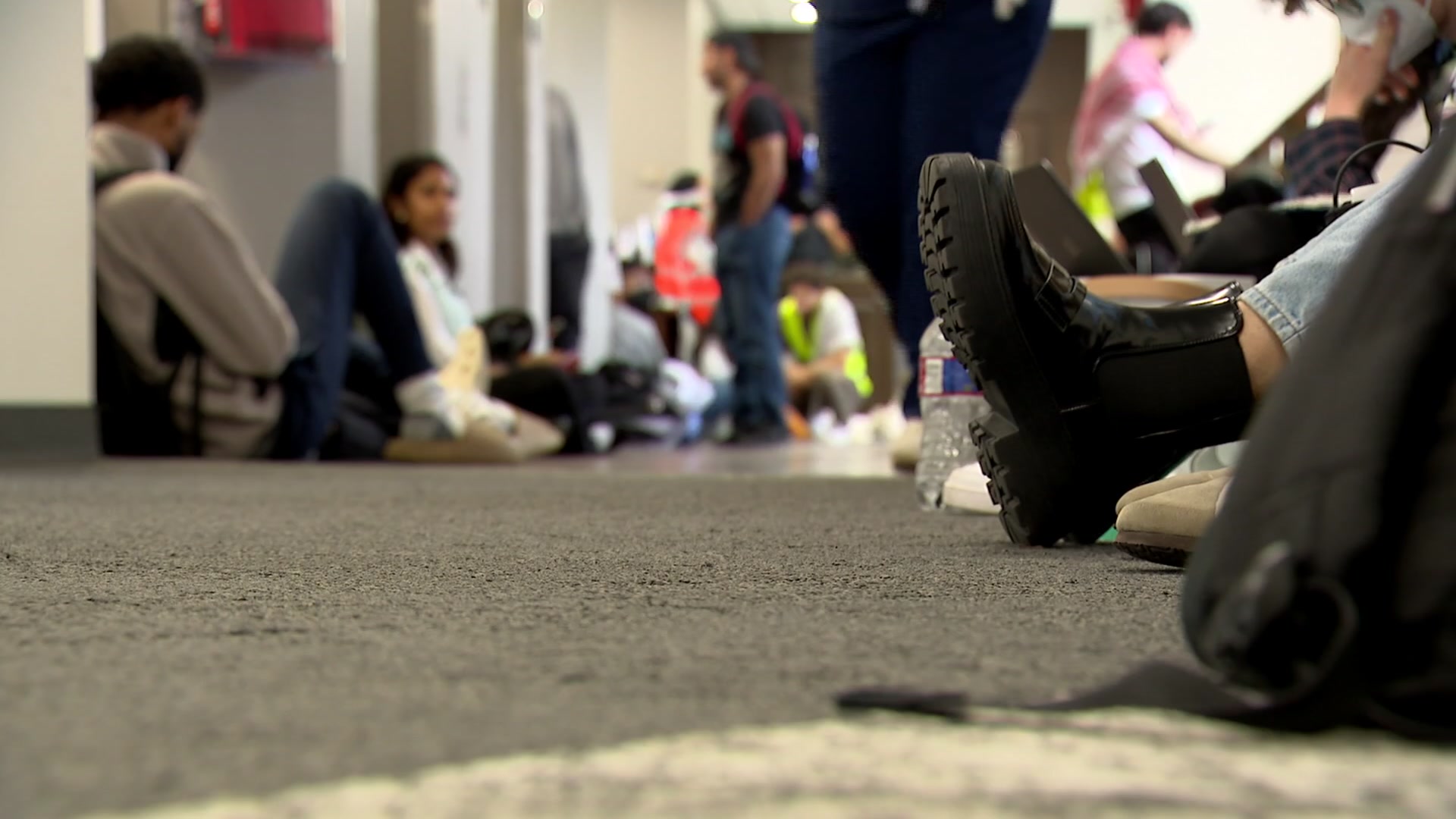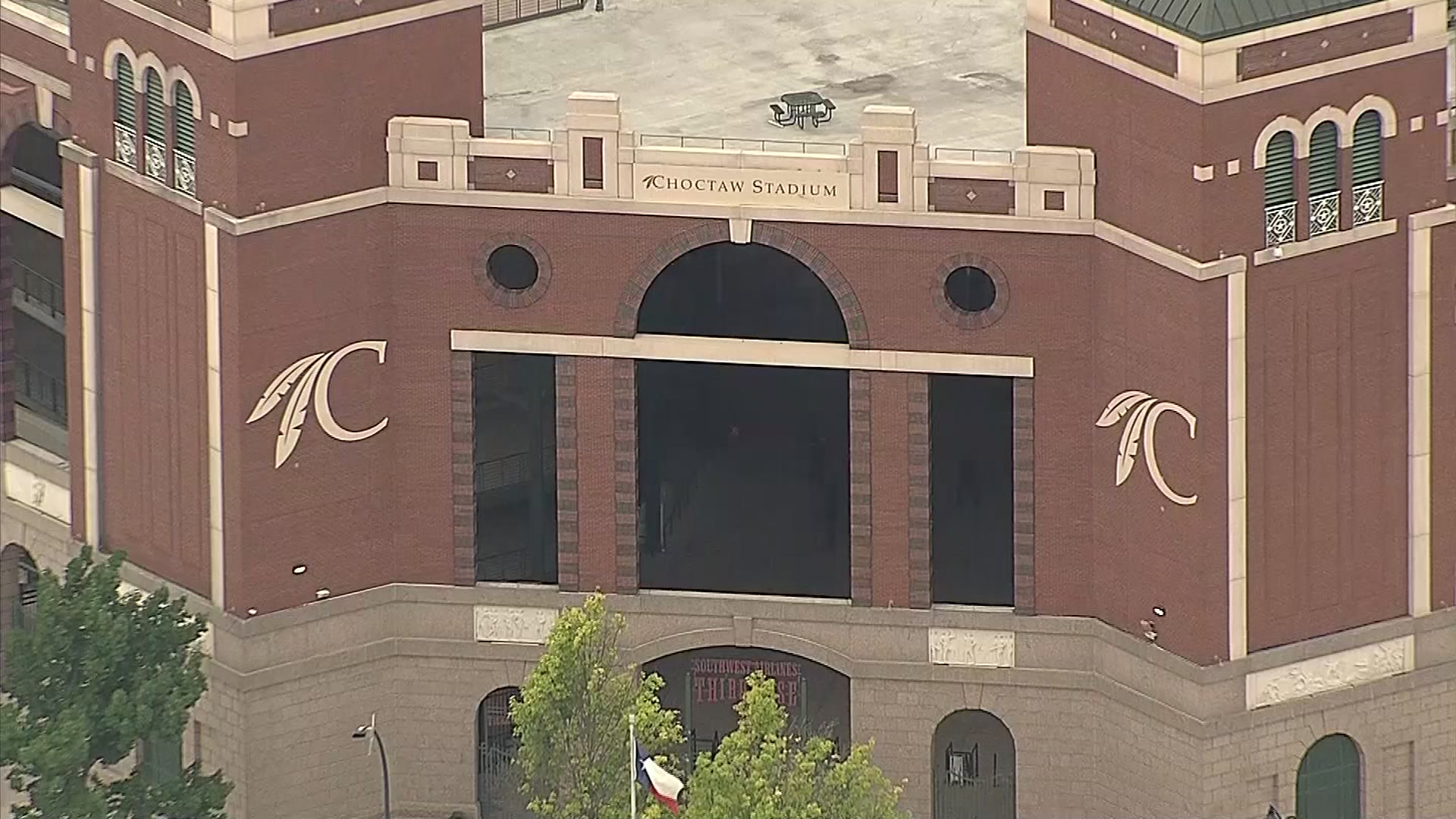A young woman in Dallas is doing something good to bring awareness to a public health issue few know about or discuss.
Period poverty is inadequate access to menstrual hygiene tools and educations, including but not limited to sanitary products, washing facilities, and waste management, according to the American Medical Women's Association.
"A lack of access to period products is a basic rights issue and it's not just happening in developing countries. It's happening in our own backyards in the United States," Emmy Hancock said.
Hancock graduated from The Hockaday School, an all-girls prep school. She went on to study at the Ivy League University of Pennsylvania. On the same day she graduated in 2018, she created a company that would focus on righting a wrong -- menstrual inequity.
"It resonated with me so much because I had never considered a common drug store item to ever be an obstacle," Hancock said.
Her social impact company Oluna launched this fall, a fashion line focused on something good for women in 10 homeless shelters in Dallas.
"For every pair of pants sold, it's a year's supply of feminine hygiene products. So, that's about 240 pads a year. I chose to go with pads because those are the most universally accepted for religious or cultural reasons," she said. "Donating menstrual products is the least sexy item to donate. People are doing coat drives and can drives. No one's doing feminine product drives."
Local
The latest news from around North Texas.
Hancock's focus on helping women extends to her supply chain. The pants are sourced, made, modeled and photographed by local women-owned businesses. And Hancock, the 25-year-old who came home from a job in New York when coronavirus hit, is bankrolling it herself.
"I've been able to save a little bit of money since I've been home. So, everything I've done, I've invested my own personal savings in, which is so scary but anything worth doing is scary," she said.
Hancock's bigger fear is that even in 2020 some women are still struggling with getting access to feminine products. Her online company will also fund menstrual health and research policy to make sure the impact of Oluna goes beyond the one-to-one model and creates long-lasting change.



